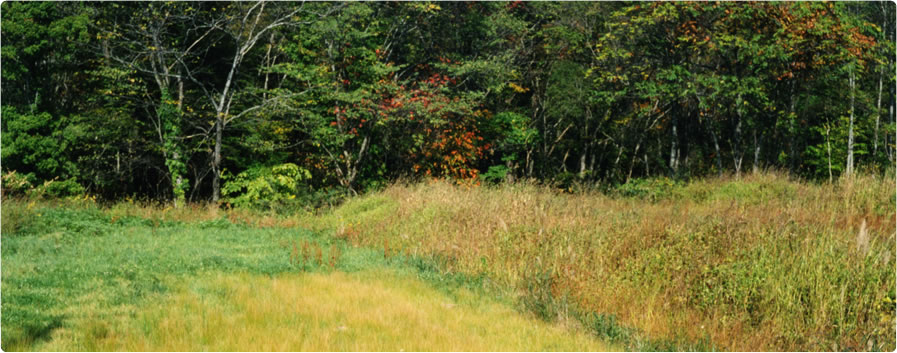
- HOME
- Certification

Certification of organic cotton products is divided into two stages: (1) Certification at the cotton-growing (agricultural) stage; and (2) Certification at the production (industrial) stage.
(1) Certification standards for organic cotton growing
The two most major international standards are the EU organic regulation, EEC No. 2092/91, and the standards set by the US Department of Agriculture, USDA/NOP (United States Department of Agriculture/National Organic Program). (The Japanese standards for organic agriculture, Organic JAS, do not cover the certification of organic cotton growing, as cotton growing has yet to be established as an industry in Japan.)
In general, organic certification at the agricultural stage can be boiled down to one criterion: "cotton that is organically grown in soil that has been free from pesticides and chemical fertilizers for at least three years."
(2) Certification standards for the production of organic cotton products
Ten-i muhou (Shinfuji, Inc.) became a GOTS (an international standard that defines requirements to ensure organic status of textiles) certified company on January 15, 2009, officially approved by the head office of Control Union Certifications (CUC) in the Netherlands, after documentation examinations and on-site inspections of its nearly 40 contracted factories. Control Union Certifications is a Dutch inspection body for organic production that is one of the most proven organizations in the area of organic certification. The seven requirements for the GOTS certification are as follows:
1. The use of raw cotton certified with the EU organic regulation, EEC No. 2092/91, or the USDA/NOP (United States Department of Agriculture/National Organic Program) certification.
2. Products must contain 70% or more certified organic fabric.
3. Non-organic fabric cannot be mixed with organic fabric of the same material family.
4. Products must be free from genetically modified organism (GMO) materials.
5. Manufacture and processing processes must not have adverse impacts on the environment.
6. Processing aids must be used according to GOTS regulations.
7. Products must be traceable (can be traced and followed throughout all stages of production, processing, and distribution) from the raw materials stage.
ORGANIC CU 809899
The GOTS mark is a reliable sign of quality.
Many organic cotton certification bodies in the world conduct only documentation examinations. This is particularly true in Japan.
By contrast, CUC also carries out on-site inspections.
In fact, CUC had spent as long as a year inspecting our company from many different angles, including not only organic cotton content percentages and whether our products are contaminated with restricted toxic chemicals, but also whether foreign substances get mixed into our products in storage and working conditions of our employees, before providing ten-i muhou with the certification. The GOTS mark is a sign of reliable organic products proven through these very strict inspections.

